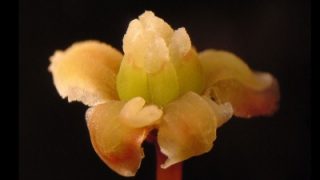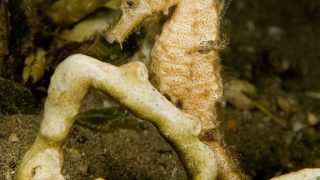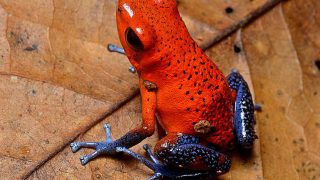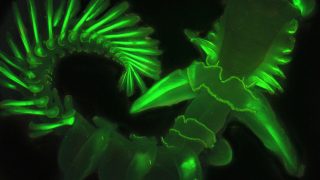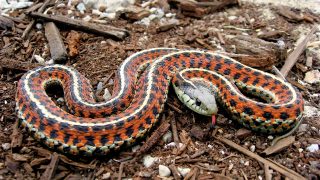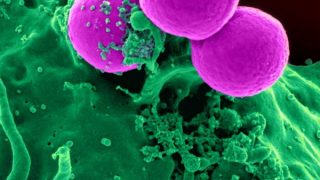
MI weekly selection #55
Humanities & Social Sciences • Science • Technology • Weekly Selection
Vaccine to protect against staph infections in rabbits Researchers have created a vaccine that has the potential to prevent pneumonia caused by Staphylococcus aureus bacteria, including Methicillin-resistant Staphylococcus aureus in an animal model. The vaccine targets toxins secreted by the staph bacteria, preventing it from causing serious infections. Results may explain why human trials have […]
